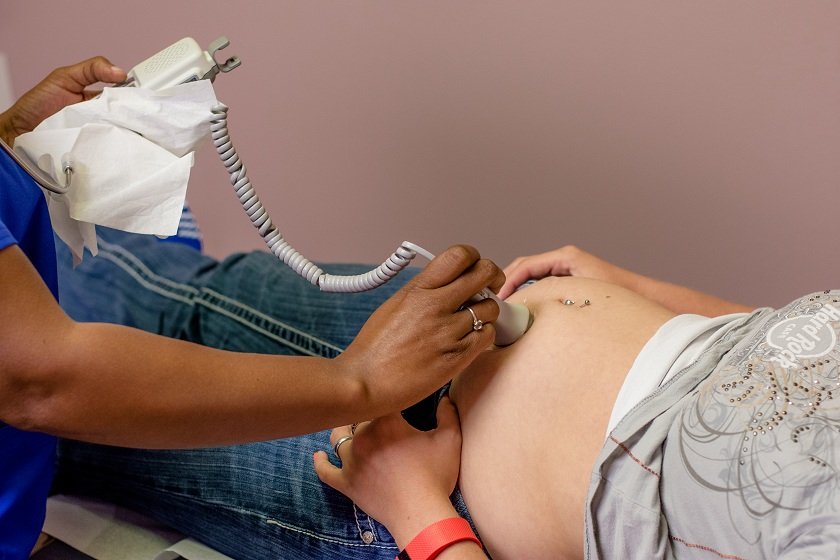Science has progressed leaps and bounds in the past few decades. Medical technology has grown and divided itself into a lot more specializations than there ever were. Take the vast field of pediatrics for example, there are super specialists for almost all pediatric concerns, pediatric cardiologist, gastroenterologist, surgeon, and so on and so forth. With the increasing number of sub-specializations in the individual fields, the treatments delivered are vast and specific too. One such progress which Medicine has made is reaching the unborn human, while it is still in the mother’s womb.
Fetal medicine, the branch which deals with the maternal and fetal concerns before, during, and shortly after the birth of the child is not only limited to monitoring fetal growth but can also identify the problems and is even capable of treating them. Such a therapy given in the uterus is shown to have decreased fetal mortality and has changed the natural course of many congenital diseases for such children as they grow. Therapeutics in fetal medicine can be performed at various levels, depending upon the need and diagnosis made. These procedures can either be ultrasound-guided minimally invasive or open surgical procedures. Fetal blood sampling, examination of amniotic fluid surrounding the fetus, or fetoscopic LASER surgery all come under this category of therapy.
It is during the routine visits to your fetal medicine expert that your doctor identifies any developing concern to the fetus. The various concerns can be, fetal anemia, suspicion of development of any syndrome, like the Downs syndrome in the child, presence of an obstructed blood vessel, or a developing neural tube defect like spina bifida. It is after a detailed examination and discussion with the parents that any treatment modality is planned.
In suspicion of cases of a syndromic fetus, for example, the identification of the problem can be made at multiple levels. Your expert will first recognize this at the time of the Nuchal ultrasonography scan which is routinely done at the 11th-13th week of pregnancy, following which a non-invasive prenatal test is performed by taking the maternal blood sample for genetic analysis. If such a report shows an increased risk of any syndrome in the child, then your expert can perform a procedure called amniocentesis. In this, the amniotic fluid from the womb is withdrawn using an ultrasound-guided needle and this fluid is then used to study a detailed genetic picture, identifying any developing genetic abnormality.
In cases of fetal anemia, which is suspected by performing a maternal Doppler imaging, blood transfusion can be made to the fetus by your expert thereby solving this concern. Of the major therapeutics delivered inside the womb are procedures like spina bifida repair, tracheal balloon placement in specific cases of respiratory concerns, and stent placement in cases of urinary obstructions, etc.
While there can be several reasons behind the occurrence of fetal problems, the good news is that we live in a century where we can identify them and deal with them. At the Ankura hospital for mother and child, we have a dedicated team of fetal medicine experts who are there to guide you in the right way for any such concern. While there are some things that are beyond human control, we believe in doing our best for the ones that are in our hand.

